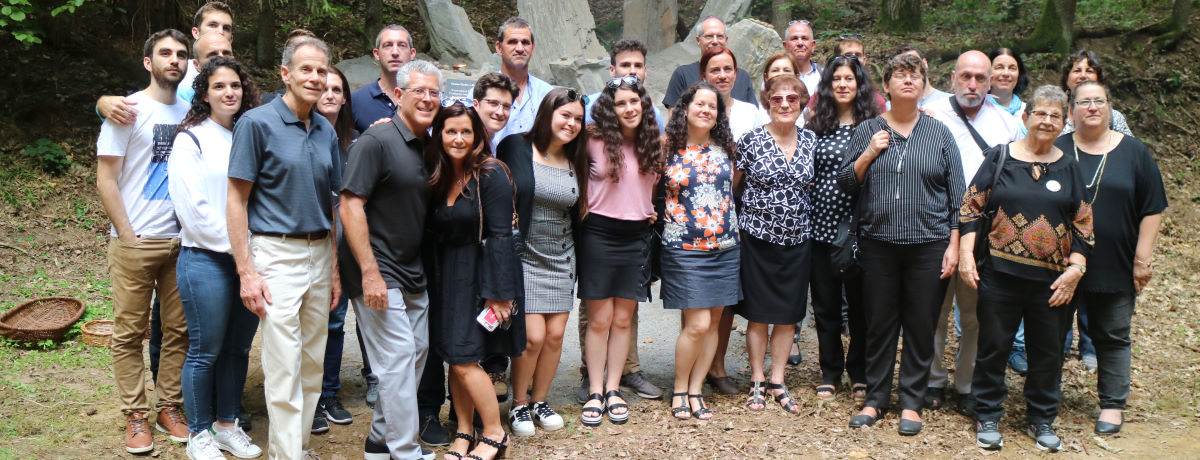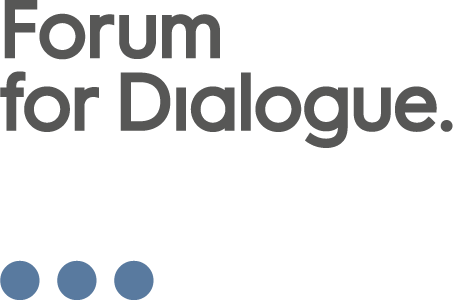In 2002, I moved from Warsaw to Teremiski, a small village close to Białowieża, to help create an informal education institution, Uniwersytet Powszechny in Teremiski (“Open University in Teremiski”). Among other things, I was in charge of running an intercultural education program for the University’s students, of which Jewish culture and history were an integral part. During this period, I realized that very little was known and written about the prewar Jewish population of Białowieża, and after several years in the community I understood that very little is also said about it. At a certain point, I started to notice that remnants of the town’s Jewish past were all around us: we learned that the building that housed our University, a former village school built after World War 2 by the local citizens, had been constructed using the materials from what used to be a Jewish school in Białowieża. In the yard of an old farm that I bought with my husband we found a piece of a broken matzevah. As the years passed, and as I grew to be a part of the Białowieża community, I felt more and more the silent void that was left by the Jewish community in this region. It became clear to me that if I did not address this void, nobody would. For this reason I applied to the Ministry of Culture for a grant to collect and edit the stories of the Jews of Białowieża, which I later published on a website called The Virtual Museum of History of the Jews in Białowieża www.jewish-bialowieza.pl.
Katarzyna Winiarska
Białowieża





